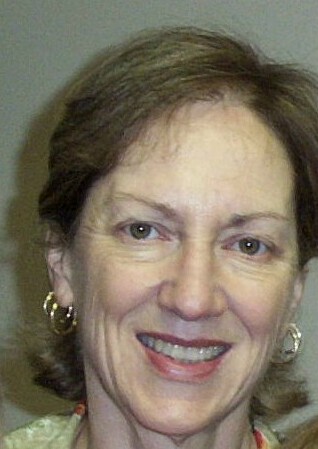I retired from my public school teaching career in 2003. I did not retire because I had finished enough years to collect full retirement (I had not); I did not retire because I no longer wanted to teach (I still love to teach); I retired because it has become impossible to do the job I love (teach children) in the regular classrooms of our nation's public schools.
Today I was reminded again of this depressing fact when I talked with a friend of mine who is still an active teacher. She told me how the teachers in her school had just been informed that there is to be a new division of duties. It seems that the staff member -- whose two-part job consists of (1) overseeing the "opportunity room" (a euphemism for the isolation room used by students whose extreme misbehavior in the classroom makes isolation necessary) and (2) calling substitutes for teachers who find it necessary to be absent from school -- this employee, it seems, has "too much on her plate" and can no longer call subs. Since this employee's plate is too full, some of her duties will be scraped onto the plates of the regular classroom teachers.
Earlier in the year, the plates of the custodial staff had also become too full. This unfortunate situation resulted in off-loading janitorial duties onto the "plates" of the teachers. They were to take on the responsibility of most of the daily cleaning of the classrooms, moving of furniture, cleaning of desks, stacking of chairs, cleaning up of vomit or fecal matter that occasionally "happens" in classrooms.
When the secretarial staff's plates became too full, several paper-work and computer-work jobs were added to the teachers' plates. Because the bus drivers, cafeteria workers and office staff have such full plates, it became the teachers' jobs to make the phone calls and prepare the paperwork related to misbehaviors on the bus, in the cafeteria, or on the playground.
Can these teachers do the job they want to do and the job they have been trained to do -- teach our children?
When will the teacher plan how to best teach each individual student in her overflowing classroom? How is the teacher to have the mental and physical reserves to analyze each learning problem and work with twenty-something sets of parents to help each student be successful? When does this teacher have time to do professional reading or grade papers or average grades? Why is no one considering whether or not the teachers "have too much on their plates"? Why have the teachers' plates become the scrap bowl, holding everyone else's leftovers? Will our children's school years drift away while those people trained to teach them -- those who long to teach them -- are required to spend their days doing custodial and secretarial tasks until they stagger under the weight of their overloaded plates?
Friday, November 18, 2005
Teaching Public School in the 21st Century
Posted by
Joan
![]() at
10:45 PM
at
10:45 PM
Subscribe to:
Post Comments (Atom)







1 comment:
Follow the money.
They probably aren't replacing retiring or vacant secretarial, custodial, etc positions.
Schools have to have teachers, so the way to cut personnel costs is to reduce 'non-essential' positions and shift those duties onto the teachers.
Personnel is almost always the highest line item on the budget.
This is how it's done in my business - so I'm thinking it might be the same with the school systems.
Just a thought.
I was having a similar discussion tonight with someone this evening (in my business) - the system we are working with right now is not working. It's saving some money in the short run - but in the long run it's VERY COSTLY for our society. It won't come to a good end, in my opinion.
Post a Comment